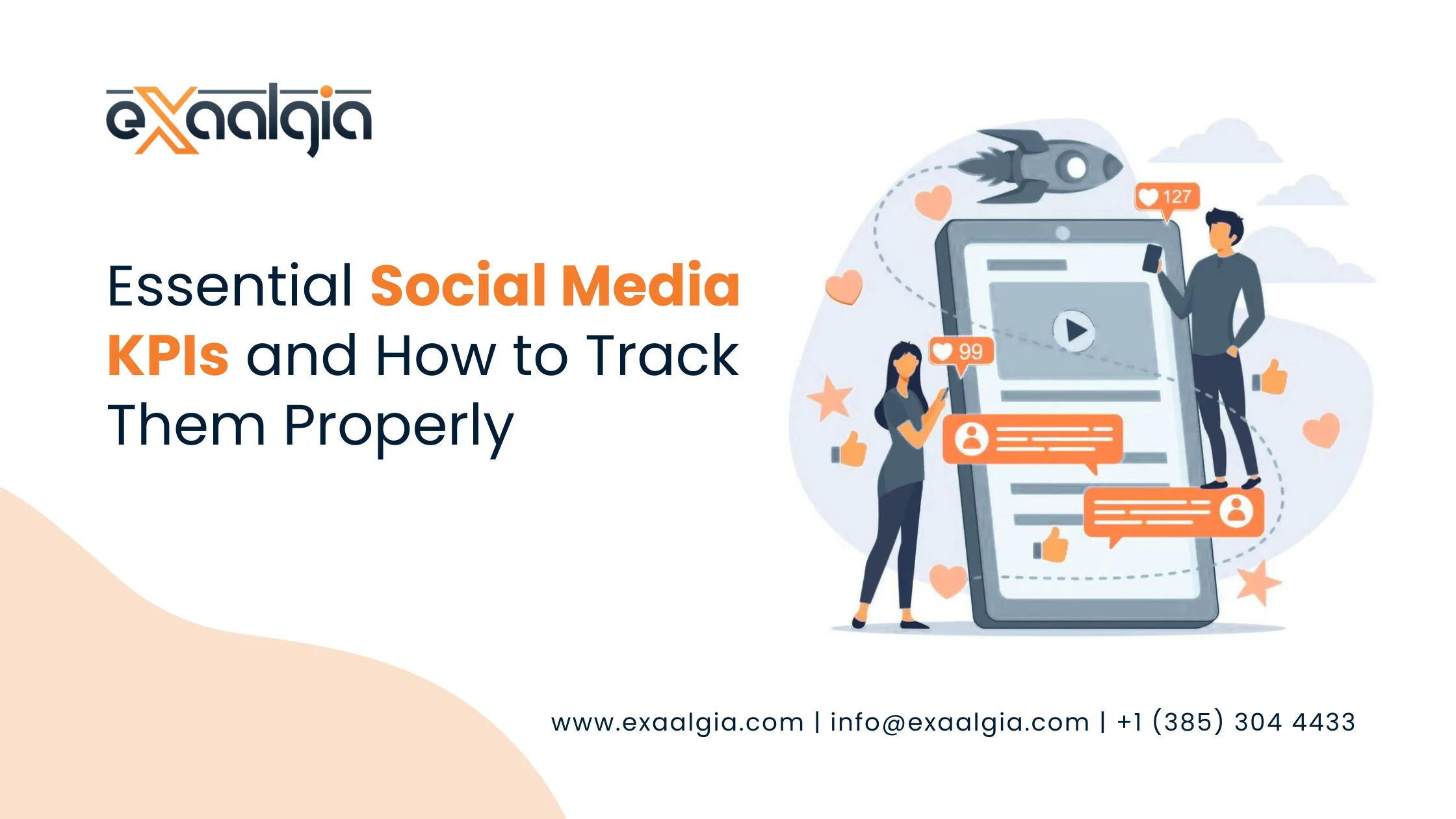In this post, we’ll take you on a fun, super-comprehensive tour through the land of Domain Authority. We’ve broken down what it is, how it’s calculated, and why it matters. Are you ready? Let’s dive in!
What is Domain Authority and How Is It Calculated?
Let’s think of Domain Authority as the reputation score for your website. This score was invented by Moz; it is a predictive ranking score that ranges from 1 to 100. The better the score, the higher the chance of ranking on search engines. But more than that, DA is not actually an official ranking factor by Google but rather an indicator used by SEO experts in finding out how authoritatively search engines think of your site, considering several aspects.
So, how does one determine this magic number? Moz has more than 40 factors, but the three key ones are: Backlinks. Just imagine backlinks as your website’s “cool friends.” The more high-quality backlinks from important sites you have, the higher your DA score will be. Google sees a backlink like an endorsement, so the more “cool” sites linking to you, the better your ranking potential is going to be.
Website Authority
It is not about having friends; it is about the quality of those friendships. A backlink from an authority website with high DA signifies getting a shout-out from a celebrity, while a link from a spam or low-quality website can throw you into disrepute.
SEO best practices
From the technical side-optimizing the title tags and meta descriptions on-page and how well your site is linked across the web-off, these things all contribute to building up your overall website authority and culminate into a Domain Authority score.
It must be noted that Domain Authority is on a logarithmic scale. That is, it’s much easier to move from a DA of 10 to 30 than from 50 to 70. The farther your score goes, the harder it is to improve, and it gets really tough when you are competing with industry giants.
What Is a Good Domain Authority Score?
Ah, the many asked question: How good is a good Domain Authority score? Well, that depends on whom you’re trying to impress! A DA score ranges from 1 to 100 and, while being perfect is well. nice, it’s really not required for success. In fact, most small to medium-sized businesses tend to fall in the DA range of 20 to 50. Here’s a rough breakdown:
1-20: This is a new one. So, don’t get discouraged if your DA is in this range; it is normal for a newer or lesser websites.
20-40: Good job! In this range, you are typically in the category of sites that are working actively to develop their SEO and their backlink profile.
40-60: Now you’re playing with the big guns. Websites having DA score falling within this range are generally considered trustworthy and authoritative.
60+: SEO royalty. These sites have strong backlink profiles, top-grade content, and a strong digital presence.
Translated into layman’s language, it looks something like this: there’s no such thing as a “good” or “bad” DA score. What really matters is how your DA stacks up against that of your competitors.
To sum it all up, if your competitors are sitting pretty at 45 while you’re standing at 30, then it’s time to get a move on!
How Do I Increase Domain Authority?
Now that we’ve established what Domain Authority is and what your score entails, the next logical question one comes to mind is: “How do I make it better?” Here are some key strategies for boosting your DA and making your website the cool kid on the SEO block.
1. Build High-Quality Backlinks
As we discussed above, backlinks are somewhat like friends who vouch for you at a party. However, not every friend would do—you want endorsements from credible and authoritative websites. Try for links from high Domain Authority sites themselves as these will pass the most “link juice” to your site.
How do you get these backlinks?
Guest Blogging: Offer to write top-quality informational blog posts for trusted sites in your niche. In return, they will link back to your site.
Create Shareable Content: Create content that others would find interesting enough to link to like infographics or in-depth guides or even viral blog posts.
Outreach: Find industry influencers, bloggers or companies and ask them to link back to your content (but make sure the content is good enough for them to want to do it).
2. Internal Page Optimization
However, your on-page SEO is grooming your site for the search engine runway. Everything from title tags to headers and meta descriptions to internal links and keyword usage matters when it comes to SEO. Here’s what you can do:
Optimize Your Title Tags: Ensure every page has a unique, keyword-optimized title tag that tells search engines what the page is all about.
Use proper heading structures: Your content will be further segmented into readable pieces using H1, H2, and H3 tags, so that spider from a search engine may easily understand your content.
Optimize your URL structure: Ensure that your URLs are clean, readable, and contain relevant keywords.
3. Publish High-Quality, Authoritative Content
Content still rules the king. Google likes content which is relevant, authoritative and useful to searchers. The more valuable your content is, the more others are likely to link to it, thereby improving your DA.
Long-form content: Posts that are considered going deep into a topic do better in the search engines and get more links.
Evergreen content: Target content that is still alive long after being written. Think “how to” guides, tutorials, and resources that people will bookmark and refer to again and again.
Regular Updates: Make sure your blog and content are fresh. New content gets indexed more often and shared as well.
4. Improve your website’s speed and mobile-friendliness
If your website loads slower than a dial-up connection-yea, remember those?-users as well as search engines won’t be impressed. A fast-loading website enhances the user experience and can also help increase your rankings. Mobile-friendliness is just as important since most users browse with their smartphones now. Responsive design is a requirement to improve SEO and hence your Domain Authority.
5. Use Experience
Like a well-designed shop is easy to shop in, a good website design keeps users engaging and longer at the place. In fact, lower bounce rates and longer dwell times signal search engines that your content is valuable, which in turn boosts your DA.
How Do You Check Domain Authority?
Well now that you have put in the effort, where is your Domain Authority? To help you get started, consider these free tools:
1. Moz’s Link Explorer
Moz’s own tool, Link Explorer, is probably the most widely used method of tracking your DA score. Just enter your domain and the tool will return to you your current DA, along with other helpful metrics such as number of backlinks, number of referring domains, and much more.
2. Ahrefs
Ahrefs also has a similar metric called Domain Rating, which will give you a score based on the quality and quantity of backlinks to your website. It’s a nice substitute if you’re already using Ahrefs for your SEO needs.
3. SEMrush
SEMrush also provides an Authority Score, something like Moz’s DA, by which you can gauge the general strength and credibility of your website. It is part of SEMrush’s quite in-depth SEO toolkit, so again, truly good for serious SEO track and improvement enthusiasts.
Monitoring your Domain Authority every now and then will enable you to see where you are progressing and not. Always keep in mind, Domain Authority can update periodically, so do not freak out if you do not see short-term changes.
How Do I Leverage DA in SEO?
Domain Authority can be a pretty valuable metric in your overall SEO strategy. Take heed of these suggestions for best use it:
1. Competitive Analysis
Monitor the DA score of your competitors to track the position in which you stand over them. If you outrank your competition on DA, you are positioned to compete better for the top spots in the search engines. In case you are not ranking higher, you know what to work on.
2. Link-Building Plan
Use Domain Authority as the guide for your link building campaign. Try to get links from more DA-earning websites than yours. The more reputable the site, the more authority it will pass on to your domain.
3. How to Prioritize Your Content
If you’re noticing specific pages on your site have higher PA scores, those are probably your strongest pages. Elevate these more heavily, or update with fresh content, to leverage that authority.
Domain Authority is helpful for measuring your site’s authority and developing an understanding of where you need improvement, but it’s not something to focus on in SEO.
Now that you have all these secrets, it is time to put your knowledge into action. Want to give your website’s Domain Overview a boost and become a real SEO rockstar? Let our top-notch SEO services USA guide you!







